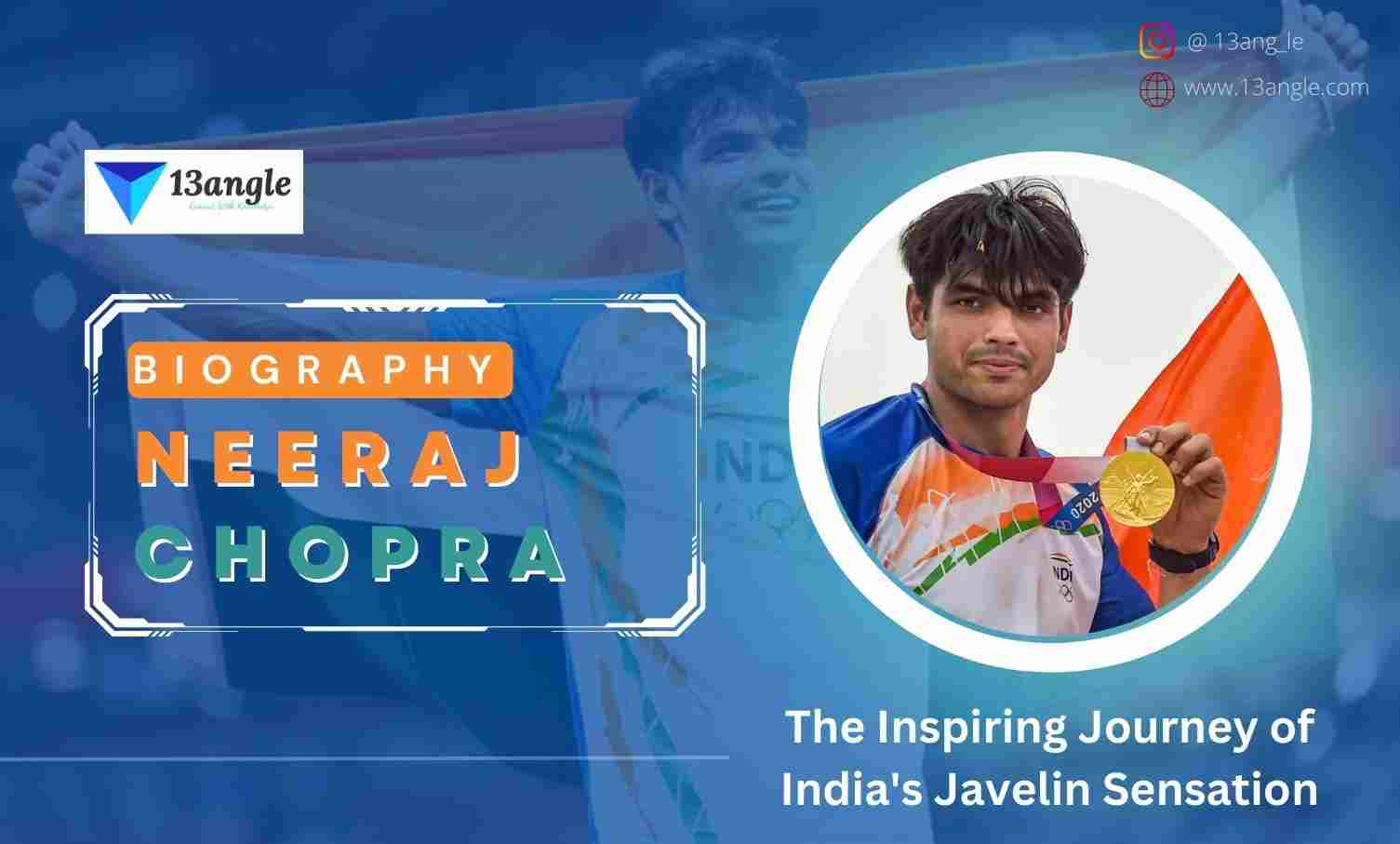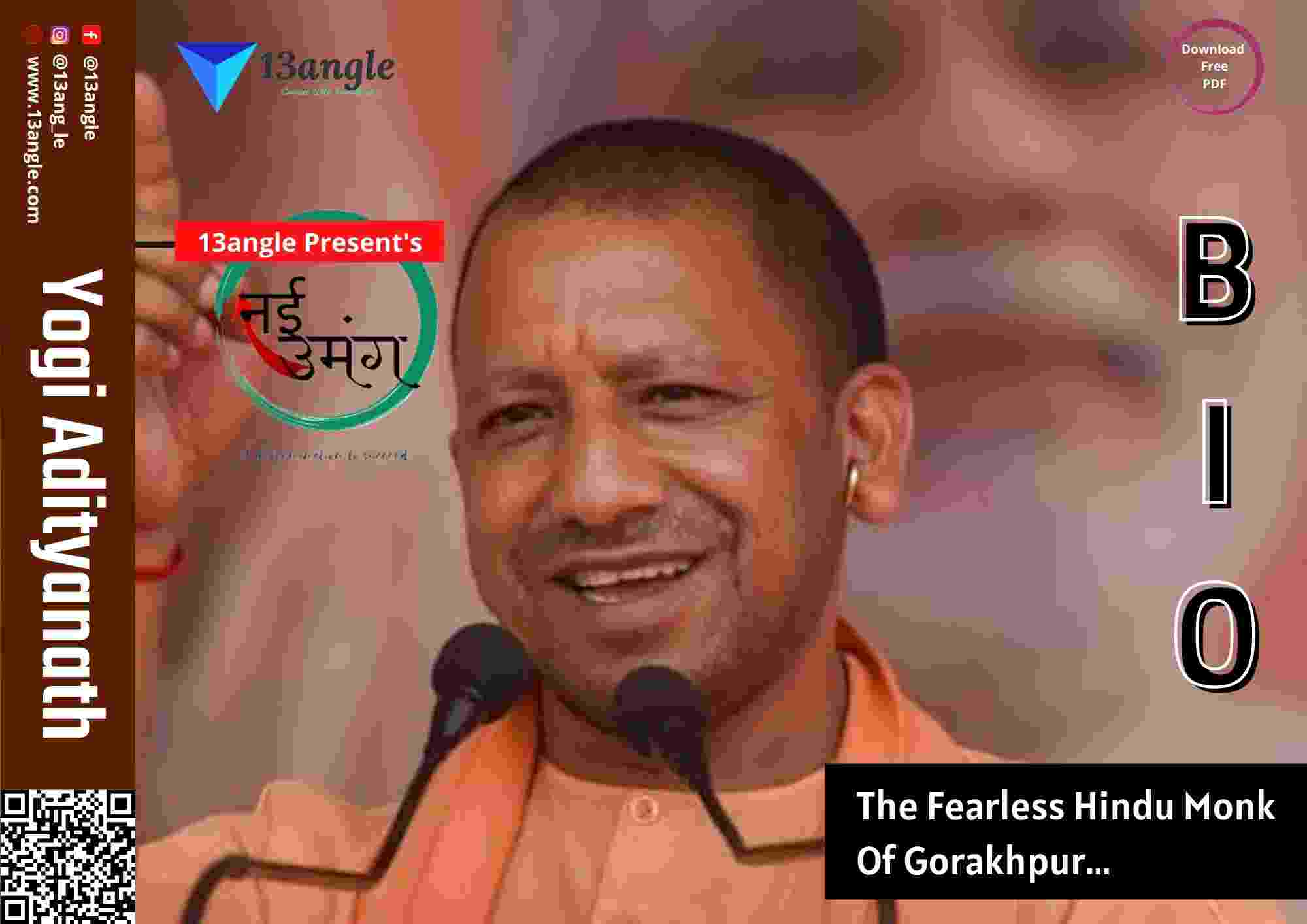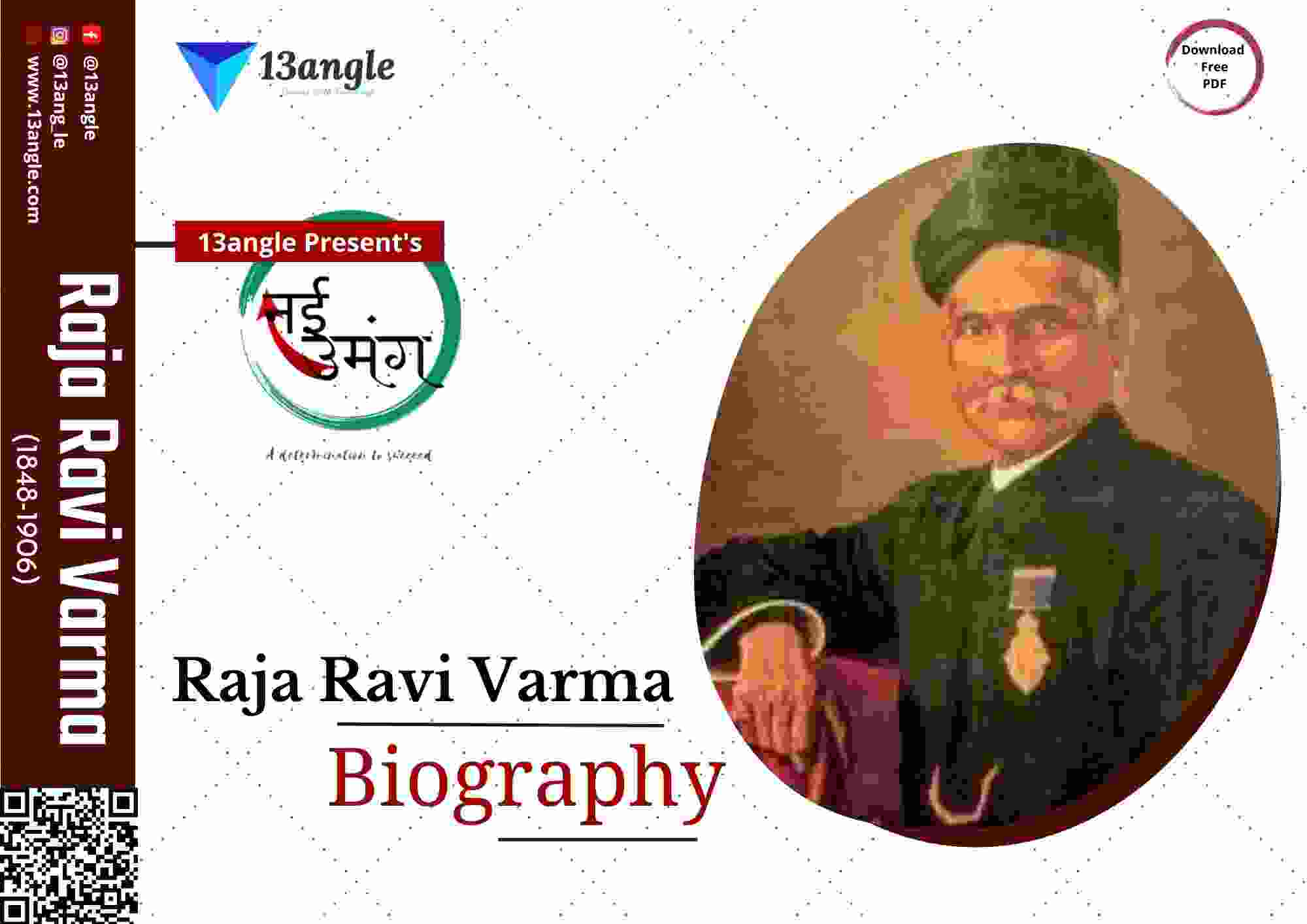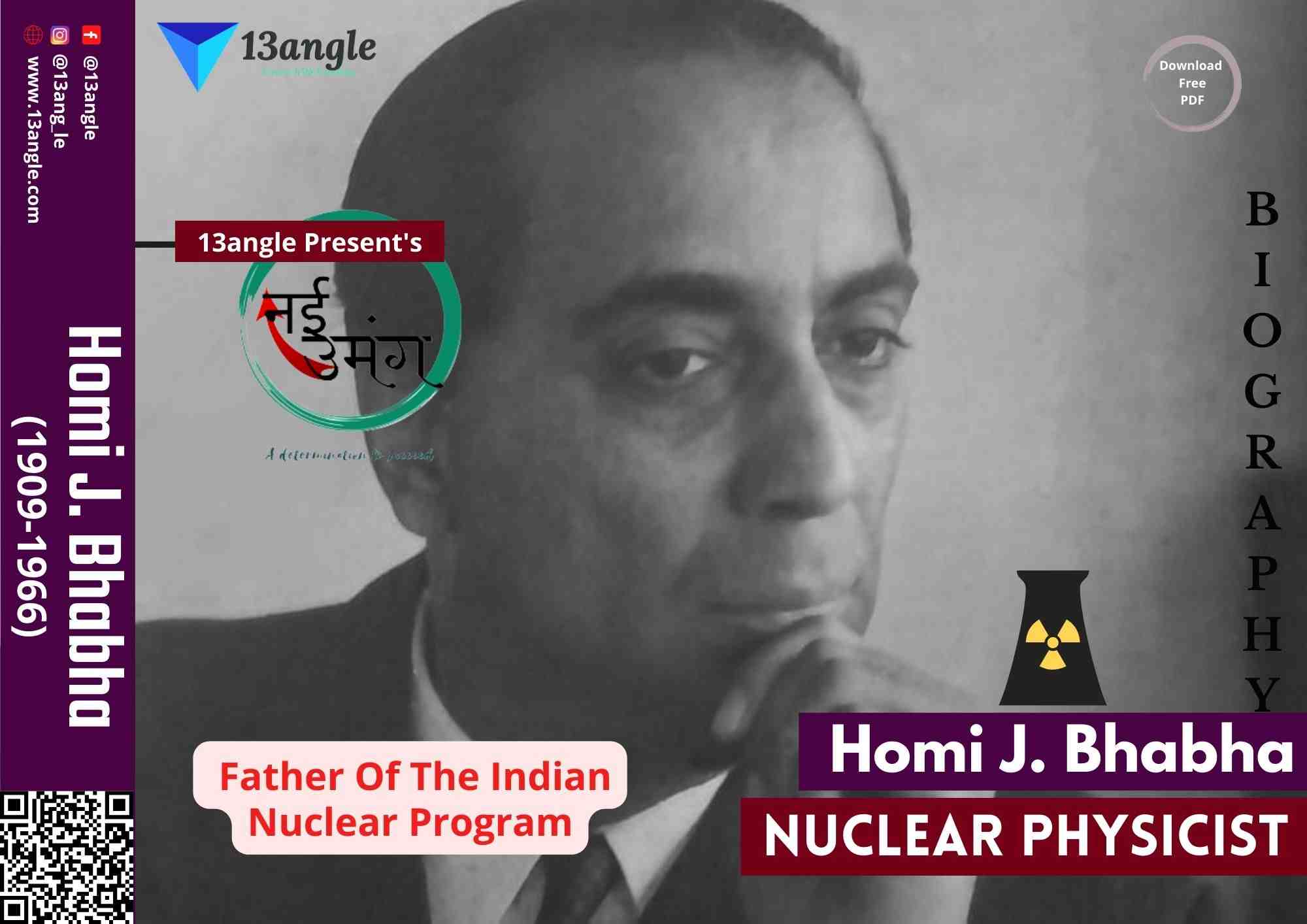
Name | Dhananjaya Y. Chandrachud |
Position Held | 50th Chief Justice of India |
Appointed by | Droupadi Murmu |
Preceded by | Uday Umesh Lalit |
Born | 11 November 1959 (age 63)
|
Parents | Y. V. Chandrachud (father) Prabha Chandrachud (mother)
|
Spouse (s) | Rashmi Chandrachud (died 2007) Kalpana Das |
Children | 4 including 2 foster daughters |
Alma Matar | St. Stephen’s College, New Delhi (BA) |
Introduction
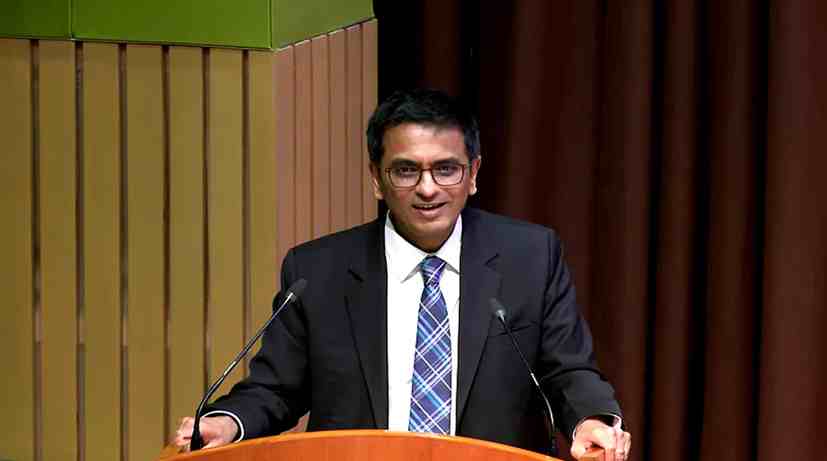
On November 9, 2022, Justice Dhananjaya Yashwant Chandrachud was sworn in as the new Chief Justice of India with immediate effect. He was administered the oath of office by President Droupadi Murmu at the Rashtrapati Bhavan swearing-in ceremony. Justice Chandrachud succeeds Chief Justice UU Lalit who retired on November 9. The tenure of the newly appointed CJI will last until November 10, 2024. Dr. Justice DY Chandrachud, a judge on the Supreme court, was announced as the next Chief Justice of India by the Central Government. “In accordance with clause (2) of Article 124 of the Constitution of India, the President is pleased to designate Dr. Justice Dhananjay Yashwant Chandrachud, Judge of the Supreme Court, as Chief Justice of India, effective November 9, 2022,”
Justice Chandrachud was born on November 11, 1959. His illustrious father, Y V Chandrachud, served as the longest-serving Chief Justice of India (CJI) from February 22, 1978 to July 11, 1985. This is the first time in the history of the judiciary that a father and son have held the position of CJI. His mother, Prabha, was a classical musician who sang for All India Radio.
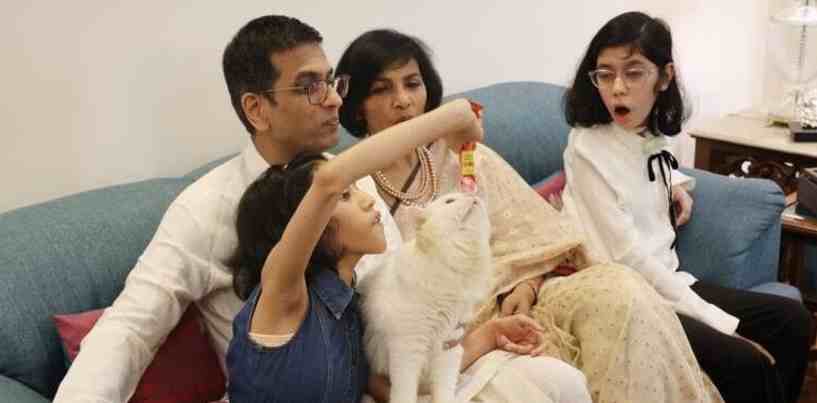
- Chandrachud was married to Rashmi, who died in 2007 of cancer. Several years later, he married Kalpana Das, a former British Council employee. He has 4 children including 2 foster daughters. Abhinav, his eldest son, practices law at the Bombay High Court, while Chintan, his younger son, works for a law firm in the United Kingdom.
Early Life And Education
On November 11, 1959, Chief Justice Dhananjay Yeshwant Chandrachud was born. His father, Y.V. Chandrachud, was India’s 16th Chief Justice. Prabha Chandrachud, his mother, was a singer for All India Radio. CJI Chandrachud earned a bachelor’s degree in economics and mathematics from St. Stephens College in Delhi in 1979, followed by a bachelor’s degree in law from the Faculty of Law at Delhi University in 1982.
In 1983, after receiving the ‘Inlaks’ scholarship, he obtained an LL.M. from Harvard University and was awarded the Joseph H. Beale medal for achieving the highest grade in the Conflict of Laws course. He remained at Harvard until 1986 when he received his doctorate in juridical sciences. After completing his education, he registered as an attorney with the Maharashtra Bar Council.
From October 31, 2013, until his elevation to the Supreme Court, he served as Chief Justice of the Allahabad High Court.
From March 29, 2000, till his appointment as Chief Justice of the Allahabad High Court, Justice Chandrachud presided over the Bombay High Court as a judge.
He also served as India’s Additional Solicitor General from 1998 till his appointment to the Bombay High Court. The Bombay High Court appointed him as a senior counsel in June 1998.
He addressed comparative constitutional law as a visiting professor at the University of Mumbai. He was a visiting professor at the Oklahoma University School of Law in the United States. Justice D.Y. Chandrachud spoke at the Australian National University, Harvard Law School, in the United States.
He was the speaker at conferences hosted by United Nations entities such as the United Nations high commissioner for human rights, the International Labour Organization and the United Nations Environment Program, the World Bank, and the Asian Development Bank.
He specialized in business, constitutional, administrative, environmental, and election law. As a senior advocate, he represented clients in several significant cases including Public Interest Litigation, the Rights of Bonded Women Workers, and the Rights of HIV- Positive workers on the job, etc. He also appeared on behalf of the Reserve Bank of India, Port Trusts, Municipal Corporations, and University, public entities.
Career
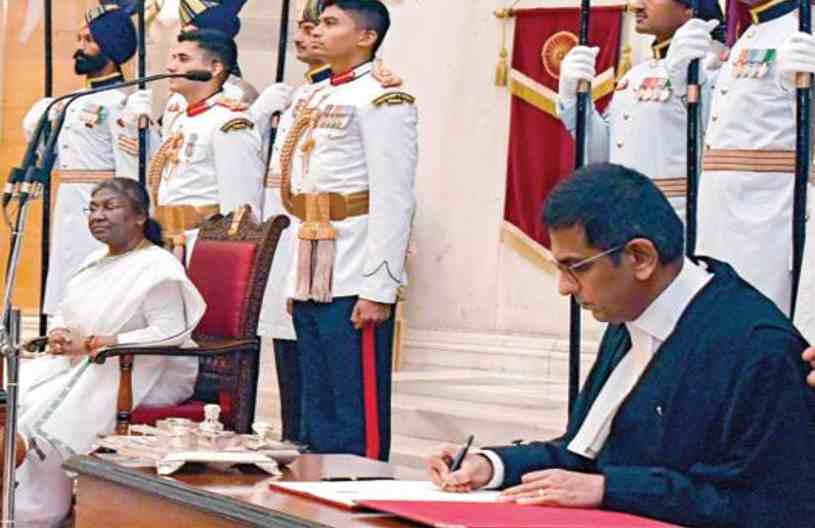
During his time as an advocate, CJI Chandrachud developed an interest in social issues. In 1997, Dr Chandrachud, who was then an advocate, represented a labourer who was denied future employment by a government agency after contracting HIV/AIDS. The Bombay High Court ruled that merely contracting HIV-AIDS did not constitute a violation of the worker’s Right to Livelihood because he was still physically able to perform his job. Dr Chandrachud has also argued matters affecting the rights of women in servitude and religious and linguistic minorities.
The year 1998 was significant for CJI Chandrachud. Despite being only 38 years old, he was recognized as a Senior Advocate in June; this distinction is rarely awarded to advocates under the age of 40. In addition, he was named Additional Solicitor General of India, a position he held until March 29, 2000, when he was elevated to Judge of the Bombay High Court.
CJI Chandrachud spoke glowingly about his experience as a judge in the Bombay High Court. Justice Ranjana Desai, with whom he sat on a criminal bench, is credited with influencing his perspective on crimes against women. During his early days as a judge, he confesses adopting a straightjacket attitude,’ but serving with Justice Desai provided him with the ‘required female perspective’ to apply the law to social reality. This perspective is evident in his Supreme Court decisions, such as Lt. Colonel Nitisha (2021), in which he acknowledged the idea of “indirect discrimination” and ruled that women should also be considered for Permanent Commissions in the Army.
On October 31, 2013, then-Justice Chandrachud was named Chief Justice of the Allahabad High Court, after serving for nearly a decade in the Bombay High Court. He was appointed to the Supreme Court on May 13, 2016, and became the 50th Chief Justice of India on November 9, 2022, following the retirement of CJI U.U. Lalit.
In less than six years (2016-2022), CJI Chandrachud authored 513 decisions and was a part of the 1057 bench. Among sitting Supreme Court Justices, Chief Justice Chandrachud has written the most judgments. The highest number of CJI Chandrachud’s Judgments are in Service (94) and Criminal (89) cases. However, his most impactful Judgments were written in cases dealing with Constitutional (45) issues.
Notable Judgements
1. Right to Privacy Verdict-
In the 2017 case Justice K.S. Puttaswamy (Ret.) & Anr. vs. Union of India & Ors., a nine-judge bench, including Justice DY Chandrachud, unanimously confirmed that the right to privacy is a constitutionally protected right. In the Suresh Kumar Koushal v. Naz Foundation (2014) case, he authored a ruling that harshly criticized Justice Singhvi’s ruling, thereby supporting the spirit of LGBT rights. The ruling was based on his observations regarding sexual autonomy and privacy.
“The right to privacy and the protection of sexual orientation lie at the core of the fundamental rights are not so-called but are real right to life. they dwell in privacy and dignity. they constitute the essence of liberty and freedom. sexual orientation is an essential component of identity. Equal Protection demands protection of the identity of every individual without discrimination”
2. Love- Jihad Case-
- Shafin Jahan v Ashokan K.M., popularly known as the Hadiya case is a 2017-2018 Indian Supreme Court case that affirmed the validity of the marriage of Hadiya (formerly Akhila Ashokan) and Shafin Jehan, which was challenged by Hadiya’s family. Media outlets have described the underlying dispute as an allegation of “love jihad.” In the case, Justice Chandrachud upheld Hadiya’s choice of religion and marriage partner and reiterated that an adult’s right to make decisions in marriage or religion falls within her zone of privacy.
3. Abortion Right-
- A three-judge bench of the Supreme Court, comprising Justices DY Chandrachud, JB Pardiwala, and AS Bopanna ruled that all women, regardless of their marital status, were entitled to benefits of safe and legal abortion till 24 weeks of pregnancy. The SC said that any distinction between married and unmarried women under abortion laws was “artificial and constitutionally unsustainable.” In the landmark decision, Justice DY Chandrachud recognized marital rape as a crime. The SC held that “sexual assault by a man of his wife can take the form of rape” and gave women the right to an abortion.
4. Decriminalising Section 377-
- A landmark decision by the SC in Navtej Singh Johar v. Union of India (2018) case decriminalized all consensual sex among adults, including homosexual sex. On 6 September 2018, a five-judge bench, which included Justice DY Chandrachud, struck down the 158-ar-old colonial law under Section 377 of the IPC. While delivering the judgment, he stressed that this case was much more than just decriminalizing a provision He said, “it is about an aspiration to realize constitutional rights and equal existence of LGBT community as other citizens.”
Notable Dissents
1. Constitution of a Special Investigation Team to Probe the 2018 Bhima Koregaon Violence-
- In Romila Thapar & Ors. v. Union of India & Ors, Justice Chandrachud dissented with the majority which refused to constitute a Special Investigation Team to probe the case concerning the arrest of five activists in connection with the 2018 Bhima Koregaon violence.
2. Petitions Against Sabarimala Verdict-
- In November 2019, a five-judge Constitution bench of the Supreme Court, in a 3:2 verdict, ruled that a larger bench should reconsider the matter of the entry of women of all ages into Kerala’s Sabarimala temple in the Indian Young Lawyers Association v. State of Kerala ca The court had taken the decision after reviewing a number of petitions filed against its September 2018 verdict that allowed women of all ages to enter the Hindu shrine. Justice Chandrachud and Justice Rohinton Fali Nariman (who were both parts of the original bench that passed the majority judgment) were the dissenting judges who said not following the 2018 SC order is not an option.
3. The Aadhaar Judgment-
- A Dissent for the Ages: On 28 September 2018, the Indian Supreme Court upheld the constitutional validity of the Aadhaar Act by a 4-1 majority, with Justice Chandrachud as the sole dissenter. In the famous Aadhaar verdict, Justice Chandrachud while dissenting with the majority, voiced that Aadhaar was unconstitutionally passed as a money bill and violative of fundamental rights.
Top 13 Interesting Facts About D.Y. Chandrachud
D Y Chandrachud is the son of the longest-serving CJI to date, Y V Chandrachud, who served from 1978 to 1985 for a total of seven years.
Justice Chandrachud obtained a Bachelor of Arts with Honors in Economics from St. Stephen’s College, New Delhi, and a Juris Doctor from Campus Law Centre, Delhi University.
He studied at Harvard Law School to obtain an LLM and a Ph.D. in Juridical Sciences.
The NDA government selected Justice Chandrachud to serve as India’s additional solicitor general from 1998 to 2000.
He was initially appointed to the Bombay High Court on March 29, 2000. On May 13, 2016, he was appointed a judge of the Supreme Court.
In addition to the right to privacy, the Ayodhya case, the Sabrimala issue, and the provisions for the decriminalization of adultery, he has participated in several historic decisions. In dismissing a PIL demanding an investigation into the murder of Judge Brijgopal Harkishan Loya, who at the time was hearing the Sohrabuddin Sheikh fake encounter case, which allegedly involves current Home Minister Amit Shah.
He was a part of the bench that decriminalized IPC section 377.
D.Y. Chandrachud is a morning person. He gets up at 3.30 am.
Lawyers appear to be eager to appear before him because of his intellectual ability and cultured reputation. It is evident in his decisions that he is a judge with a liberal outlook, especially when it comes to problems involving the rights of women and the marginalized.
He was a part of the three-judge bench that permitted the live streaming of Supreme Court proceedings.
In addition to practicing law, he was a visiting professor of Comparative Constitutional Law at the University of Mumbai and the Oklahoma University School of Law in the United States.
In addition, he has lectured at major international universities such as Harvard Law School, Yale Law School, Australian National University, and the University of Witwatersrand in South Africa.
In an interview, he revealed that he was an avid music lover and DJ’ed during college.

